In our criminal justice system, we frequently confront the question of how severely we should punish children for criminal acts. Whenever any person advocates for leniency, they often point out that children's minds aren't fully developed, preventing them from fully understanding the consequences of their actions. Yet, as we've seen in Maryland, this leniency comes at a grave cost to the innocent, resulting in innocent bystanders being victims of repeat and violent crimes.
The leadership of the Maryland Department of Juvenile Services, under Secretary Vincent Schiraldi, is a case in point in the cost of children's crimes running rampant. Under his watch, youth crime has surged, all culminating in a tragic mass shooting by teenagers. This incident, in which two people died and 28 were injured, was the largest shooting in Baltimore's history.
The secretary's leadership has only further magnified Maryland's challenges, lending further credence to the idea that some politicians might be inadvertently promoting a criminal culture that keeps the public in perpetual fear -- a new criminal enterprise.
Juvenile crimes have been especially problematic in Maryland and many other regi, notably in underserved communities and predominantly those populated primarily by Black Americans. In many of these areas, children grow up without father figures, stable family structures, or positive role models, often falling under the influence of gangs or peer pressure. This scenario breeds environments where large numbers of children resort to criminal activities, with their communities feeling a lack of legal intervention or protection. Such conditions create the perfect storm for the perplexing scenario where criminals can get away with their crimes even when they are caught.
It also creates an environment where children become the perfect vessels for adults to use to commit crimes for on their behalf. Gangs frequently recruit them, capitalizing on the reality that penalties for juvenile offenders are typically less harsh than those for adults -- if there are any at all. These children are often in a double bind: They do not fully grasp the consequences of their actions, and they are also unaware that they are being manipulated and utilized as tools in the hands of unscrupulous adults seeking to avoid accountability in the criminal justice system.
Recommended
In addition, one of the most pressing matters concerning this issue is not only within the confines of the criminal justice system: Within their own neighborhoods, these young kids face consequences outside of the law at the hands of their peers. In Baltimore, about a dozen juveniles have been victims of homicides in the past year, and there have been 70 nonfatal shootings involving juveniles. Young kids aren't just shooting young kids for no reason. These are not random. They have targeted assassinations of children by children or adults who have been harmed in some way by these children.
Accountability isn't merely about meting out punishment for its own sake. It serves as a deterrent, aiming to protect children from perpetrating crimes and falling victim to them. While a lenient approach might prevent young offenders from facing incarceration and aligns with the notion that immature minds shouldn't face the same penalties as mature ones, it risks other significant downsides. Such an approach could result in these immature minds never maturing at all -- being struck down in their youth -- leading lives that lack purpose and productivity, or cycling in and out of prison, becoming more of a charge to society rather than a contributor to it.
Remember: Behind every crime, there's a victim. Why should someone who genuinely contributes to society, strives to uphold community values, or merely goes about their daily life face the traumatic experience of falling prey to crime? It's unjust for law-abiding citizens to live in fear, reluctant to step outside their homes. At the same time, perpetrators brazenly continue their wrongdoings, ever emboldened by lax criminal penalties to seek their next target. That isn't the balance of fairness and isn't justice.
While treating children exactly as adults in many situations may not be appropriate, there needs to be a level of harshness in our response. The ultimate goal is evident: to rehabilitate these children, ensuring that once they've served their sentences, they aspire to lead productive, law-abiding lives. While I may not possess a definitive solution, it's evident that our current policymakers are not enacting policy that brings us closer to this goal. It is without question that refusing to hold children accountable for their crimes achieves the exact opposite of this goal.
No person should ever have to become the victim of a crime. We live in the world's most prosperous nation that has abundant opportunities; everyone should be able to seize their potential. By refusing to hold children accountable for their actions, we are undoubtedly denying them the chance to become law-abiding citizens and seize these opportunities. Ordinary citizens, the very people who bear the brunt of these actions, deserve better. The children themselves are better, too. However, whether our policymakers genuinely desire this for them remains an open question.
To find out more about Armstrong Williams and read features by other Creators Syndicate writers and cartoonists, visit the Creators Syndicate website at www.creators.com.


















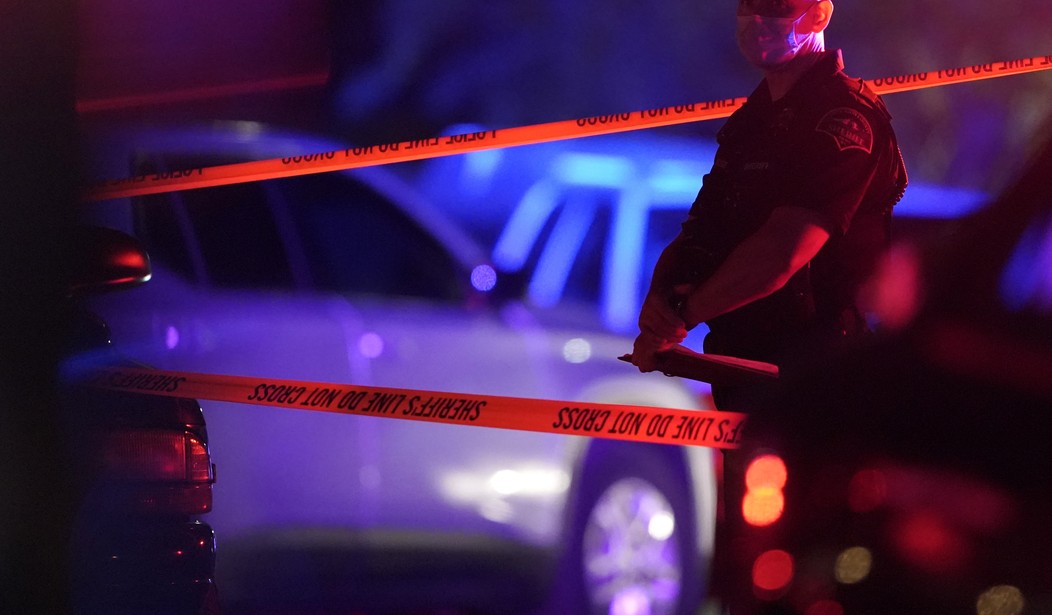
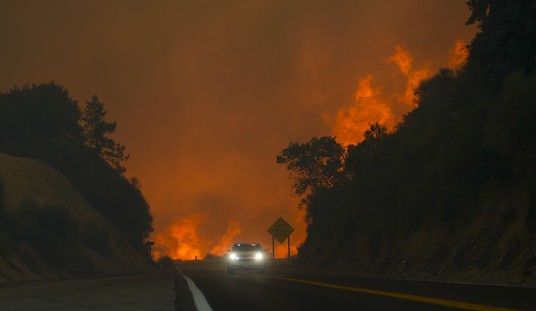

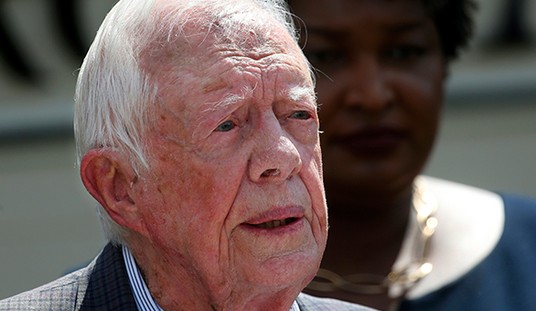

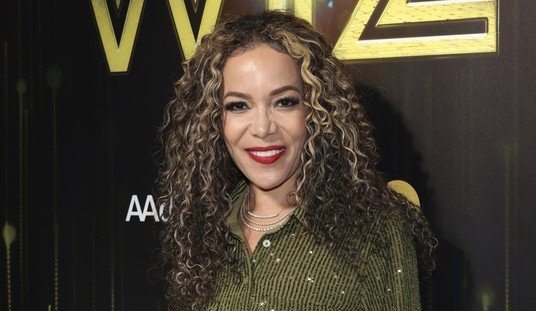
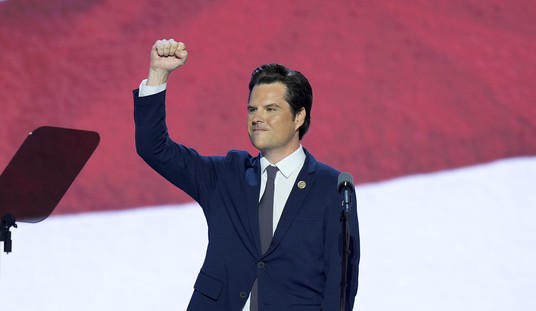
Join the conversation as a VIP Member